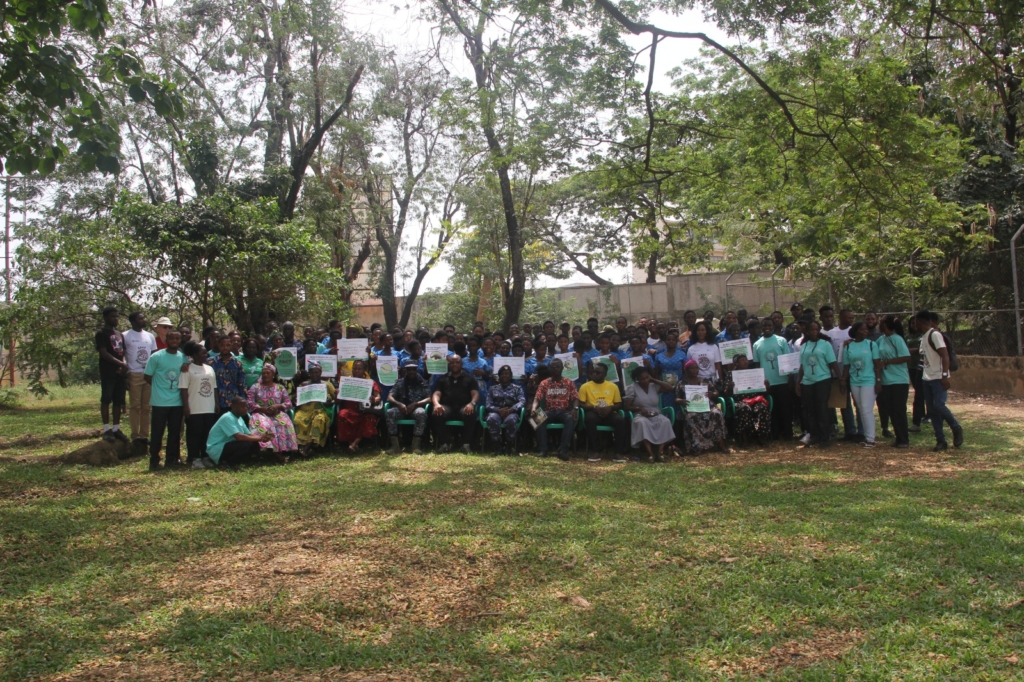
Bush meat traders in the Ashanti region have made a commitment to stop selling pangolins to conserve the endangered species.
The group has further pledged to raise awareness among hunters about the critical status of pangolins, urging them to cease hunting the species and join efforts to prevent its extinction.
The traders, who have been part of the bush meat trade in the region for years, have recognised the urgent need to address the rapid depletion of pangolin populations, which are heavily hunted for their meat and scales, often destined for international markets.
As part of their commitment to conservation, the bush meat traders are not only halting the sale of pangolins but are also taking proactive steps to educate and raise awareness among hunters and other members of the local community.
The Queen Mother of the traders, Comfort Badu, stated that they make sure all hunters who bring bush meat are promptly informed about the situation. “We are urging them not to hunt pangolins as it is illegal,” she emphasised.
Another trader, Afia Agyemang, also advised all traders to notify the hunters so that they would refrain from bringing the meat to them.
The group is calling on other traders, hunters, and community members to join them to protect pangolins and other endangered wildlife species.
They are advocating for alternative livelihoods for hunters that do not involve the illegal wildlife trade, encouraging sustainable practices that contribute to the preservation of the region’s rich biodiversity.
On World Pangolin Day, celebrated at the Kumasi Zoo, the Executive Director of the Institute of Nature and Environmental Conservation (INEC Ghana), David Kwarteng, highlighted the critical need to raise awareness about both the urgent threats facing pangolins and the global efforts aimed at reversing the trend.
He emphasised the importance of continuing to shed light on these issues to ensure the protection and conservation of these unique creatures.
He stated, “We expect law enforcement agencies to strictly enforce the law, and for the justice system to impose deterrent sentences on those who violate laws against pangolin hunting.”
The Zoo Manager at the Kumasi Zoological Gardens, Dr. Meyir Y. Ziekah, shared his enthusiasm about the traders’ positive response and their willingness to support the Wildlife Division of the Forestry Commission.
He stated, “The fact that we’ve received such encouraging feedback from the traders is a clear indication that we are successfully advancing the goals set for this year’s event.”
Pangolins are highly sought after for their meat and scales, particularly in certain regions of Asia. The scales find usage in traditional medicine, while pangolin meat serves as a symbol of prestige and wealth, commanding high prices.
This lucrative demand has fueled an alarming surge in poaching activities, posing a severe threat to these innocent creatures. Pangolins, known for their slow reproductive rate, are unable to withstand the unsustainable pace at which they are being hunted for their body parts.
DISCLAIMER: The Views, Comments, Opinions, Contributions and Statements made by Readers and Contributors on this platform do not necessarily represent the views or policy of Multimedia Group Limited.

